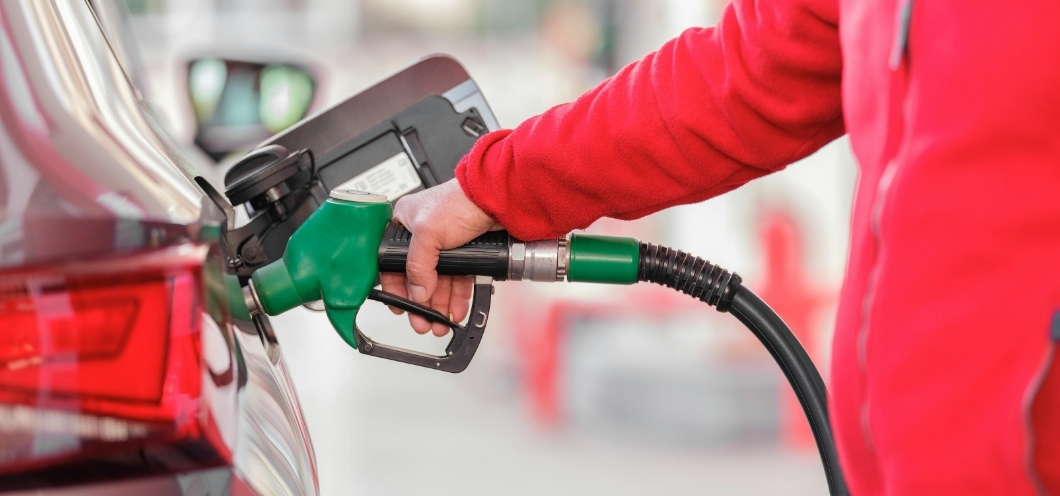- Samita Nayak
- 1256
Hydrogen cell automobiles are the future; perhaps promising the most as a fuel, and yet perhaps mired in an incredible number of challenges compared to their gasoline-powered counterparts. Hydrogen is one of the most abundant elements in the universe, powered using water, and has zero greenhouse gas emissions.
ALSO READ: Why Take Premium Fuel If Regular Works
How Do Hydrogen Fuel Cell Vehicles Work?
Hydrogen fuel cell vehicles operate on the fact that hydrogen is transformed into electricity in a fuel cell inside the vehicle. Within the fuel cell, hydrogen reacts with oxygen from the atmosphere, generating electricity to power the electric motor of the car, without any other emissions than water vapor. So, FCVs are eco-friendly. Unlike battery electric vehicles, (BEVs) that have large batteries for storing electricity, hydrogen fuel cell vehicles generate electricity only when needed.
Advantages of Hydrogen FCVs
Here are a few advantages of hydrogen FCVs.
1. Zero Emissions
Hydrogen FCVs only emit water vapors but make the spew of poisonous CO2 emissions a thing of olden internal combustion engines.
2. Fast Refueling
One of the advantages the hydrogen fuel cell has over a battery electric vehicle is that it can refuel the time. Hydrogen vehicles can be refueled in just 3-5 minutes, similar to ordinary gasoline cars, whereas electric cars take much longer to recharge.
3. Long Distance
Hydrogen FCVs can run for many more miles on a fill-up whereas many electric vehicles can travel a much shorter distance per charge. Some can drive over 300 miles on one full tank of hydrogen, thereby suitable for long intercity travel.
Challenges Facing Hydrogen FCVs
Despite this, hydrogen FCVs still encounter the following challenges.
Hydrogen Infrastructure
The biggest challenge is the total lack of hydrogen refueling stations. Although charging stations for electric vehicles are beginning to appear in many places, the same is not true of hydrogen refueling networks.
Cost
Hydrogen fuel still is rather expensive, and production costs for fuel cells are very high. Though development is still underway, it will gradually decrease the prices in the next few years.
Future of Hydrogen Fuel Cell Vehicles
Hydrogen FCVs have a bright future, especially with the vision of governments and organizations towards cleaner energy solutions. Today, many automakers, including Toyota, Hyundai, and Honda, are already manufacturing hydrogen vehicles. Japan, South Korea, and Germany have invested significantly in the development of hydrogen infrastructure.
As the world continues toward decarbonization, hydrogen fuel cell vehicles thus become a very potential alternative for clean and sustainable transport in the future, since they would provide a clean, efficient, and scalable replacement for the traditional fossil fuel.
Tags:
Future of TransportGreen TransportationAuthor - Samita Nayak
Samita Nayak is a content writer working at Anteriad. She writes about business, technology, HR, marketing, cryptocurrency, and sales. When not writing, she can usually be found reading a book, watching movies, or spending far too much time with her Golden Retriever.
Popular Post





